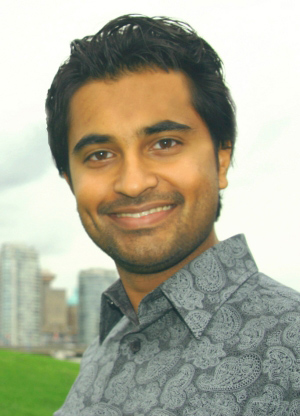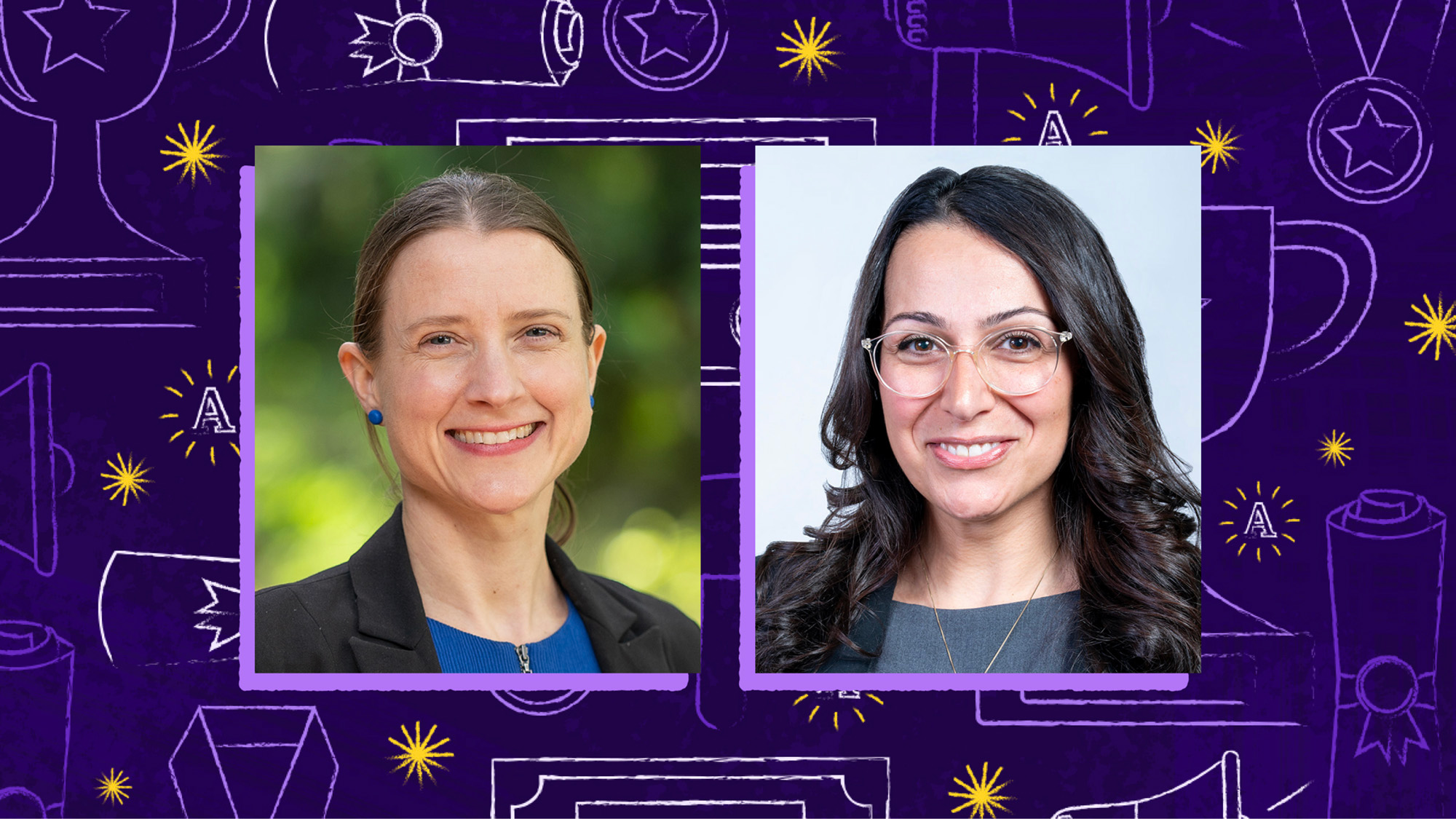By Bryan Zandberg
When you hear about all the things Alvin Singh has done in his 20+ years on the planet, a question springs to mind: what’s the rush?


His precocious interest in politics began in high school, and by eighteen Singh was already running for office in his hometown Vancouver.
He missed a spot on the Vancouver School Board by a slim two-dozen votes. Singh says he was soon too knee-deep in activity at UBC to really mind. Since the start of his studies, he has managed to squeeze in unique work and learning experiences in Calgary, Penticton, Vancouver, and even Mozambique — all of which have got Singh on his way to realizing his dream of a life in local and international politics.
His secret seems to be a combination of several things, including a keen take on the meaning of education plus a knack for digging up relevant Arts Co-op work placements.
But it also has to do with the unique degree Singh is building through his Interdisciplinary Studies.
“I think it’s a program that is just gaining some traction now,” he says.
“A specialized education doesn’t always give you the skills necessary to function properly in a flexible work environment. More and more I’m finding that the jobs I’m attracted to — jobs that a lot of young people are attracted to — are extremely flexible.”
Those same jobs also tend to be shorter-lived than careers in the past; Singh’s own mother is a great example of that. A pharmaceutical technician by trade, he says she worked “forever” for the same generics company in Vancouver. That’s not at all the experience of his generation.
“A lot of my friends who have finished university and are building their careers are finding that they’re jumping from job to job every three to seven years.”
That trend is something he has tried to emulate through his four-month co-op placements. So far, Singh has worked for Indian & Northern Affairs (in Calgary), The Nature Trust of the Okanagan (in Penticton), a national water utility (in Mozambique), and the Canada Mortgage and Housing Corporation (in Vancouver) — four distinct placements, he says, that have given him huge exposure to the goings-on of the nations’ government, civil service, and international youth outreach programs.
All the while, the interdisciplinary studies program has allowed Singh to customize his education. His program is centered on three core components: political science, international development, and policy studies.
“I find that for the things that I want to do, and for the things that a lot of people want to do, an interdisciplinary degree is great way to do it,” he says. “Employers are now starting to realize the benefits of that degree.”
Singh eventually hopes for a successful run in local politics. “I love Vancouver and I’d love to work municipally there,” he says.

